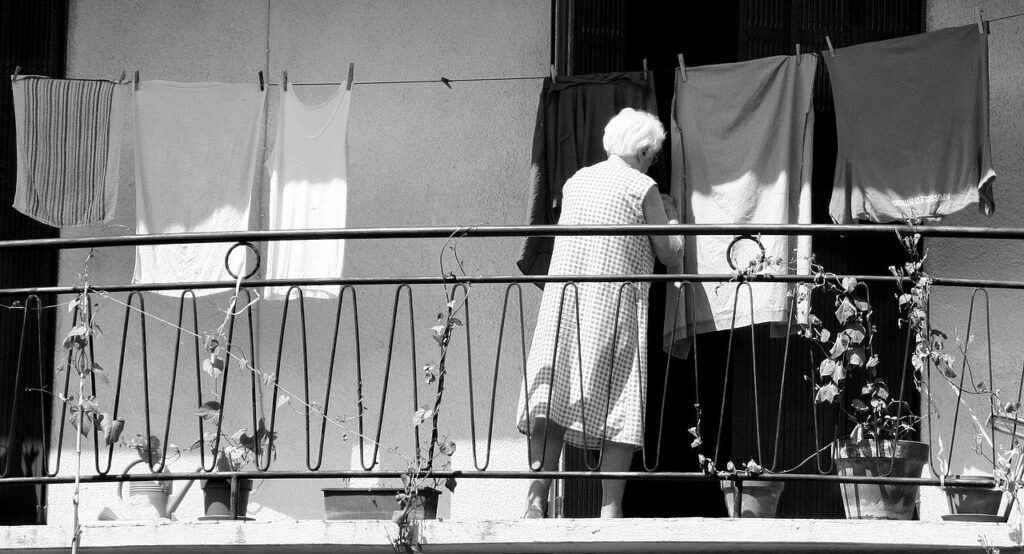Let’s celebrate that women have been allotted one month to acknowledge all the many accomplishments of our sex! After all, one out of twelve is slightly better than the ratio of national female leaders. So, despite women having made significant contributions to civilization, due to lack of PR and funding (NB: I didn’t say sexism or misogyny), we have largely been ignored. Did anyone care when Mozart and Mendelssohn said their sisters were more talented than they? Women were written out of history in other areas where they excelled but were overcome by men, especially when profits started accruing — agriculture, pottery-making, narrative film-making, tennis, cooking, obstetrics — with such rumors as “the best chefs are men,” and – my favorite – “the best midwives are men.” Househusbands are a welcome change and thought they haven’t monetized housewifery, they’ve raised its prestige a bit.
Anyway, I want to set the record straight.
First, let’s define terms. In the meditative occupation of housewifery, menial tasks are performed with repetitive monotony, freeing the worker’s creative mind for synthesizing ideas and satori. Men crystallized the essence of housewifery by organizing themselves in monasteries and defining housework as a religious exercise. This is cheating, though, because in real life there are babies who destroy any alpha-state induced by menial work.
And because of this alpha-state, unsung housewives have made great discoveries. But these Zen-like noble researchers have been denied their rightful place in the science Hall of Fame.
One such discovery occurred in 1802. Rebecca Silliman of North Stratford, CT theorized that dust actually comes from disintegrated meteorites. She observed that the dust in her house was unlike outdoor soil. And though everyone scraped their shoes and brushed their clothes when they came inside, there was always dust. Pondering the dust floating in a shaft of sunlight one day, the thought came to her that dust comprises bits of broken-down heavenly bodies fallen from the sky. Five years after Rebecca expressed her theory at the dinner table, a meteor plummeted to earth. Her brother, Benjamin, researched the meteor’s chemical composition and proved his sister right. He published his findings under his name with no mention of Rebecca’s hypothesis.
Another discovery came from Mrs. Thelma van Leeuwenhoek soon after a bathtub was installed in her Delft apartment in 1650. She told her husband Anton she noticed a black substance migrating ever so slowly along the bathroom tiles and no matter what she did to remove it, it kept coming back. She theorized that the substance was alive – colonies of tiny animals, perhaps — because the longer she waited to scrub it, the bigger the black spots grew. When Anton scoffed, she challenged him to look at it with “those silly lenses you keep grinding.” She even offered to dab some with a wet sponge and squeeze it on a glass plate for him. Of course, Anton bragged to the world about “his” discovery of micro-organisms while Thelma stayed home cleaning bathtub rings.
Charles Darwin was similarly inspired by the family’s housekeeper who claimed that cockroaches in his Shrewsbury house were hardier than their counterparts in her country home because conditions for the beasties in town were more strenuous, so “only the hardiest could survive with all that competition.”

As male homemakers proliferate, theirs will become one of the more highly paid and prestigious professions, with full health benefits, unemployment compensation and social security. But for now, we must recognize the silent role women scientists have played throughout humankind’s long history. While men were out killing each other in battles – all duly recorded — women were home methodically seeking ways to make daily life more comfortable.
Everyone knows that women invented pottery, gardening and the johnny mop. Time now to document women’s role in the invention of chairs, carpets, stairs, forks, windowpanes and kitchen sinks.
Have you read SYLVIE DENIED yet? I invite you to grab your copy, and please leave an honest review when you do!
